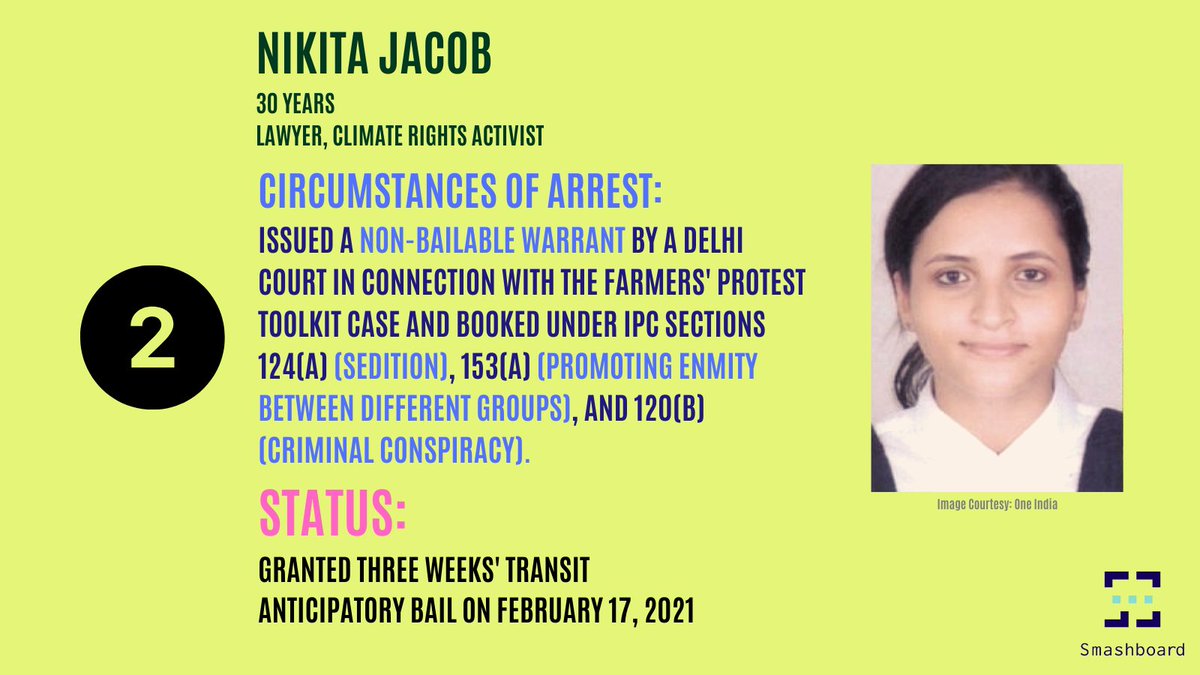#Thread Why we prefer the terms “disabled" or "person with a disability” by @Srishhhh_tea & @ananay__
Terms such as "specially/differently-abled" or "divyaang" actually do less good and more harm. We find these terms derogatory. Well-intentioned as they may be, they have roots in ableist notions and imply that having a disability is bad.
When a person very clearly tells you that they prefer the terms "disabled" or "person with a disability" and if you start able-splaining them and ask them to use a different term, you are, in a way, denying the fact that they are disabled.
By imposing other terms on us that put us on a pedestal, you're also denying the accommodations, the needs, that come with disabilities. Even if it's unintentional, you're actually running away from your responsibility and accountability.
It is generally assumed that disability should be hidden or not be talked of as it's wrong/incorrect/bad. By calling ourselves disabled, we not only acknowledge our disabilities but we also imply that it's a part of us & makes us who we are. We aren't ashamed of our disabilities.
It takes months, even years for us to learn to take pride in being disabled. Don't force us to think otherwise, please? Please don't disregard our identities. Stop putting us on pedestals. Instead, hear us out, validate our identities and support us.
Applying alternative terms to our disability won't change the fact that we are disabled. These terms only serve to erase the ongoing oppression of disabled people by ableist folx. Non-disabled people created this language and it's important to unlearn the stereotypes they imply.
There are things we aren't able to do or things we have to do differently that require more effort. But at the same time, we also need to acknowledge the fact that we are in fact disabled. And calling ourselves by any other alternative term won't change that.
We should start using the term “disabled” more often to normalise and de-stigmatize the negativity attached to disability.
There are no “special needs". This narrative distorts the fact that discriminatory & regressive practices and policies mostly cater unfairly to the needs of the able-bodied while making spaces inaccessible to people with disabilities.
Disabled people are not "inspirational" and we are not here to make able-bodied people good about themselves. So please stop being patronising or extra nice to us.
• • •
Missing some Tweet in this thread? You can try to
force a refresh






